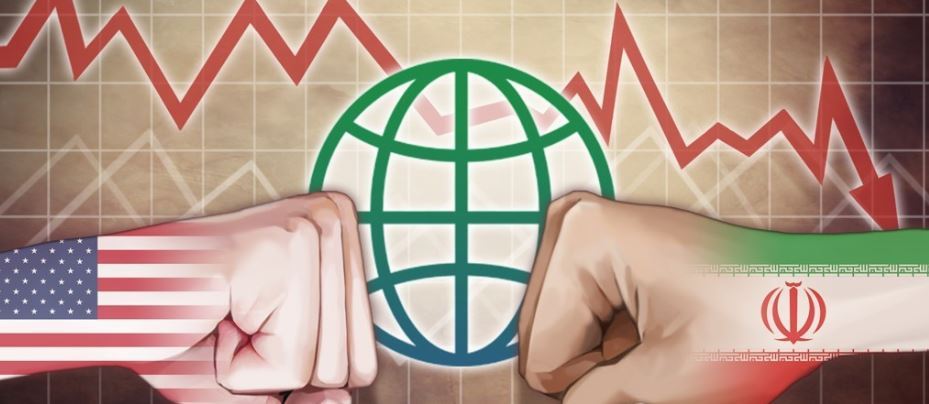South Korean stocks are expected to trade higher next week on eased concerns over a conflict between the United States and Iran, analysts said Saturday.
The benchmark Korea Composite Stock Price Index closed at 2,206.39 points on Friday, up 1.37 percent from a week earlier.
Earlier this week, Seoul shares lost ground sharply after Qassem Soleimani, the head of Iran's elite Quds Force, was killed in a US drone strike, which led to a hike in global oil prices.
The benchmark Korea Composite Stock Price Index closed at 2,206.39 points on Friday, up 1.37 percent from a week earlier.
Earlier this week, Seoul shares lost ground sharply after Qassem Soleimani, the head of Iran's elite Quds Force, was killed in a US drone strike, which led to a hike in global oil prices.

Although South Korean shares rebounded quickly as investors sought bargains, they again entered negative terrain after Washington warned that any attack by Iran would be met with additional strikes against multiple targets.
Investor sentiment eventually recovered on Thursday and Friday, after US President Donald Trump said he would opt for punishing economic sanctions against Iran instead of further military attacks.
On Friday, the market finished above the psychologically significant 2,200 threshold for the first time this year.
Foreigners purchased a net 1 trillion won ($861 million) worth of local stocks this week as they extended their buying streak to six consecutive sessions. Institutions offloaded a net
1.25 trillion won, while retail investors bought a net 215 billion won.
Next week, analysts said investors are expected to remain optimistic over the eased geopolitical tensions in the world's largest crude-producing region.
The upcoming trade deal between the United States and China, set to be signed next week, is also a positive factor, they added.
"The uncertainties in the relationship between North Korea and the US, however, may still limit growth," said Kim Byung-yeon, an analyst at NH Investment & Securities Co. "The phase-one agreement between the US and China could also be seen as a ceasefire, rather than the end of the war."
This week, technology and chemical firms were among the major winners, while financial companies and mobile carriers lost ground. (Yonhap)




















![[Today’s K-pop] BTS pop-up event to come to Seoul](http://res.heraldm.com/phpwas/restmb_idxmake.php?idx=642&simg=/content/image/2024/04/17/20240417050734_0.jpg&u=)